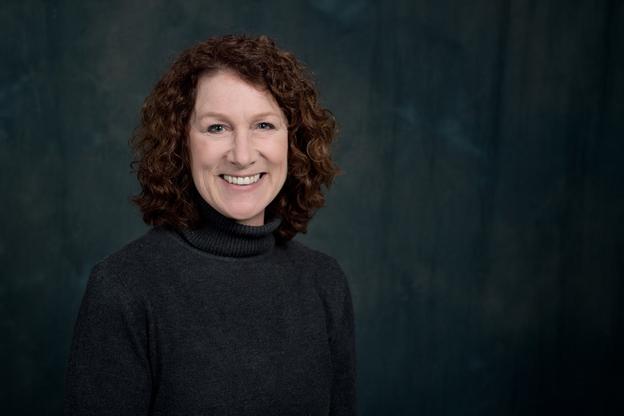

Children have experienced unprecedented change in the last six months. Now, on the cusp of a new school year, a UMD professor is sharing ways to validate students’ fears in developmentally-appropriate ways.
Molly Harney is an associate professor of Early Childhood Education. She researches early brain development, emotional development, and the impact of adversity and trauma on early development.
As Minnesota school districts announce their teaching formats for the 2020-21 school year, Dr. Harney answers key questions.
1. Going back to school is a huge and anxiety-inducing shift for kids during standard times, and this year might be especially difficult. How can caregivers prepare kids for this transition?
This is so true. First, watch for signs that a child is stressed– things like trouble sleeping, changes in eating habits, and new fears. But don’t be afraid of daily stressors like getting along with others.
The majority of stressors are predictable. One reason children are feeling unmoored is because the predictability is missing. The rhythm of the day is gone which impacts children’s sleep.
Predictable stress helps develop resilience. By giving children predictability we help build resilience. Without predictability, resiliency and efficiency diminishes.
2. How can adults help children?
Throughout their childhood, but especially now, children need support from adults who can help them navigate. These relationships can help children develop life-long resilience and coping strategies.
Understand that pushing academics too hard contributes to dysregulation for a number of families, so it’s important to step back from adding too much stress.
3. Do you have any other advice for caregivers?
If your child is heading back to school full time:
It’s reasonable to assume that all students will experience some anxiety about returning to school. Some things that will help:
-
Establish routines that build a sense of security
-
Create a community for your child. An example is to pair them with a buddy.
-
Plan a favorite activity or distraction
If students are participating in a hybrid education, it may take longer for students to adjust to new routines. Parents should:
-
Manage expectations on days the child is at home
-
Remember that learning can happen through play
-
Encourage their kids to explore topics they’re interested in
3. Anything else that you’d like to add?
Distance learning has emerged as a parental stressor this year, but their number one job is to be loving towards their children. Everything else will fall into place.
Some key advice:
-
Partner with children as they navigate the new landscape
-
Encourage activities that support emotional regulation
-
Encourage regular sleep and exercise
-
Bring as much predictability into focal points as possible
-
Consider family stressors
-
Pay attention to isolation
-
Look for the opportunities
-
Doing simple things
-
Development of empathy
-
Engage in learning by cooking, planting, building
-
Learning the value of money
-
Learning to value growing and eating good food
-
Limit screens
-
Develop resilience
-
Spend time with family
-
Learn to value the slow pace
Contact Information
Molly A. Harney, Ph.D.
Associate Professor
University of Minnesota Duluth
(218) 726-6778